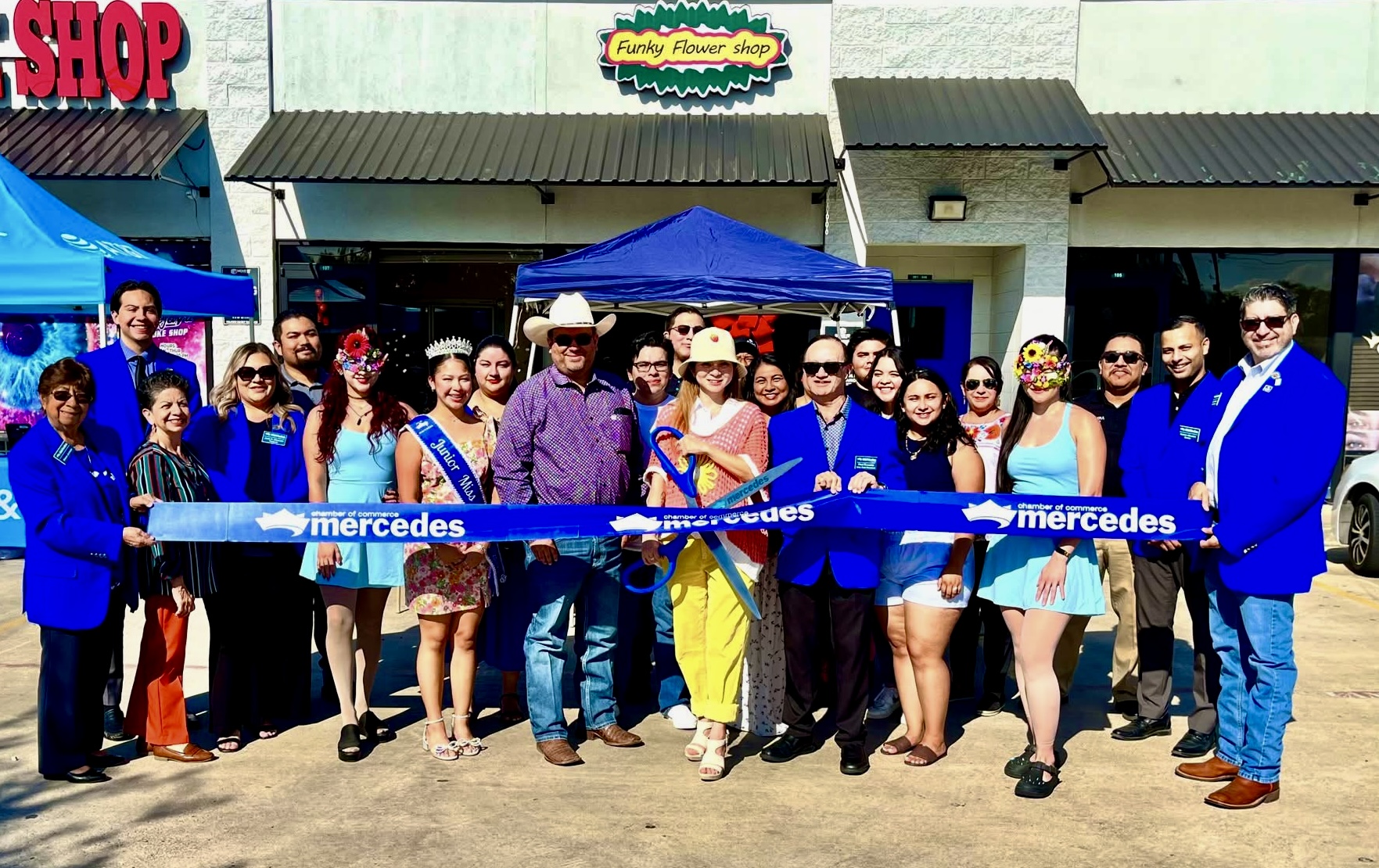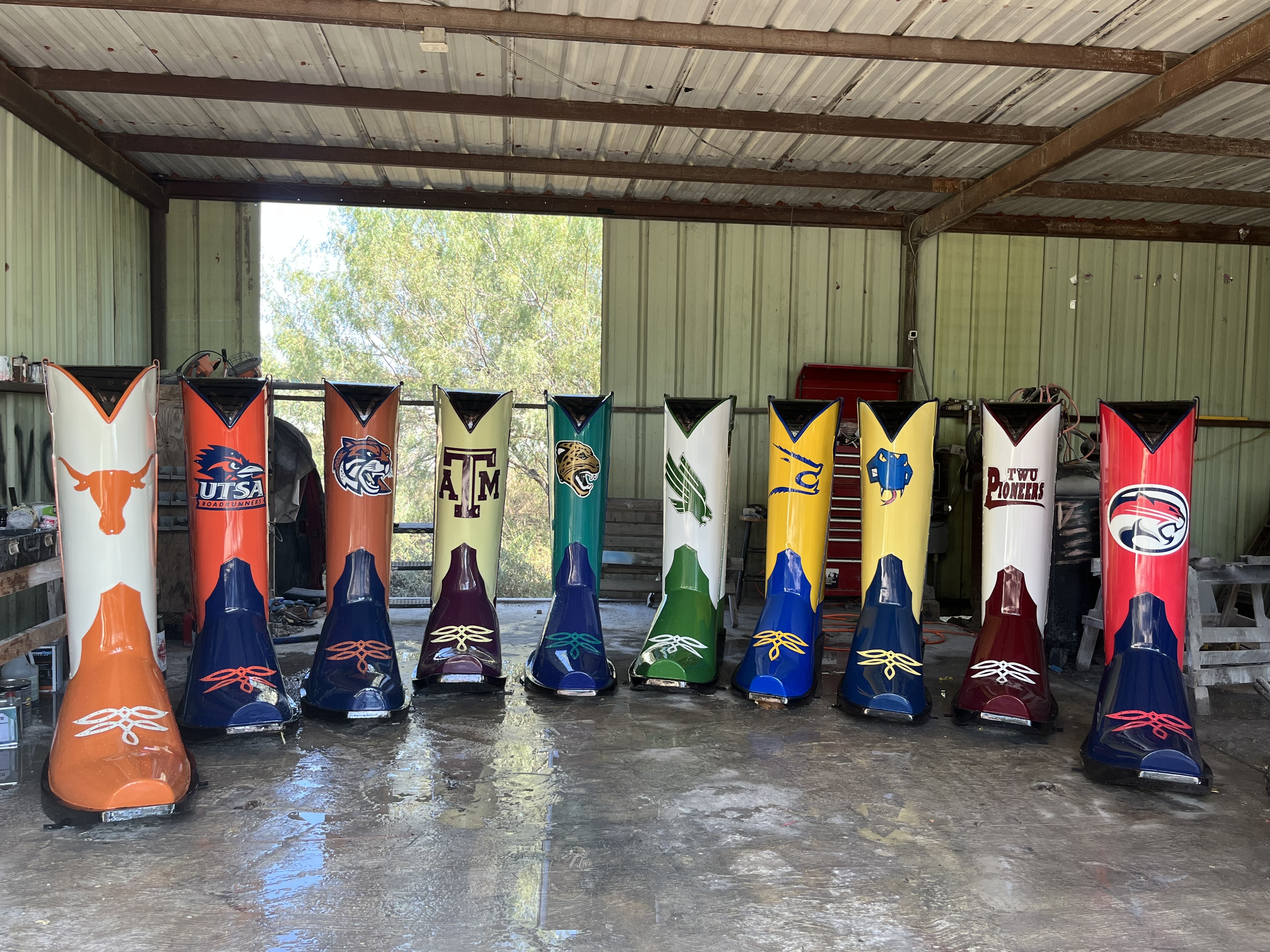Mercedes Library Evolves To Serve Its Community

Parents and their young children are spread out across a large room at the Dr. Hector P. Garcia Memorial Library.They are not there to read books.It’s the first local session of a parent/caregiver workshop that is part of a network of Family Place Libraries. The weekly Friday morning meetings began on Feb. 7 and continued through March 7 in providing insights on speech, hearing and language development for children ages 1-3-years old. Marisol Vidales, the Mercedes library director, describes it as extending the reach of a local institution known for books.“People still think we’re just books,” Vidales said. “That remains very important to what we do, but we want to bring people to the library for the different services we offer.”Libraries are evolving, she said, to meet the needs of its communities. In Mercedes, this has meant programs at the library that cover digital literacy and teach children about personal finance. The latter is offered by the Thinking Money for Kids program. Both the family place and money for kids programs are funded by state and national grants and foundations.“We try to serve Mercedes in different ways,” Vidales said. “We want to have something to offer to different groups in seeing that adults, teens and children are served by the library.”Keys To Learning Ann Marie Reza, a speech pathologist based in Mercedes, stands before a group of parents and children at the library and provides a checklist.Infants by six months should be babbling. At the one-year mark, young children should be approximating words and by the time they are three-years-old, they should have “many words in their library,” Reza said.“Don’t wait for someone to tell you that something is wrong,” she told the parents gathered for the Family Place program. “Having early intervention to address a problem or issue is very important.”Every parent’s fear is that their child is autistic, Reza said, but in some cases, it may be that implementing some basic techniques and practices can lead to a young child forming and saying words. Young children learning to speak in their first years need to learn how to “articulate their coordinators,” she said, meaning how to mentally string together vowels and constantans to form words.Guide children to say the easiest words first, such as mama and daddy, and then with repetition and patience teach them how to say these words. Ask a child to identify their mother or father with the appropriate word, and then teach other simple words, gradually, and ask your child to say them. The identification of colors is a good teaching and speaking tool, Reza said.“Don’t make it too easy,” she said of working with young children on speech development. “Ask them to say something they want. They need to make requests such as that they want to eat lunch. Prepare them to say hello to everyone when you visit somewhere, and reward them when they do.”Community ServiceThe guidance offered by Reza is an example of how local residents can be served beyond books at their local library.The Dr. Hector P. Garcia Memorial has become such a place in Mercedes. It is a place for learning and developing skills and minds through reading while also offering programs that reach adults and children alike in helping them improve their lives.“It’s important for us to get out there and ask our community what they need,” said Michelle Muniz, the assistant library director. “People need help, be it digital literacy with computer classes and how to create emails and telehealth accounts. We’re here to meet the needs of our community.”
- Ric Cavazos






